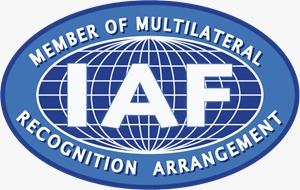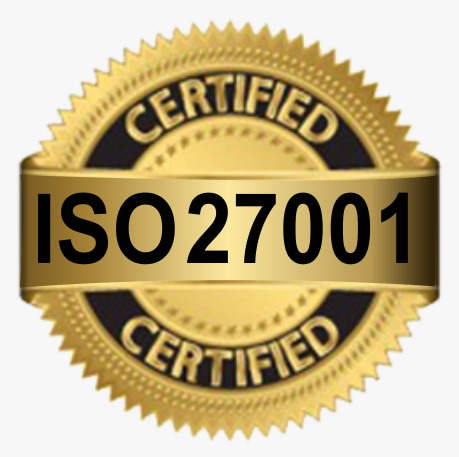Azure BizTalk Services is a simple, powerful, and extensible cloud-based integration service that provides Business-to-Business (B2B) and Enterprise Application Integration (EAI) capabilities for delivering cloud and hybrid integration solutions.
Benefits including:
- Serverless iPaaS enhances user experience and provides usage-based billing.
- Access to over 100 connectors to cloud and premise-based apps.
- Easily design and implement workflows using Logic Apps’ visual designer.
- Seamlessly harness the power of Azure services such as Machine Learning and Cognitive Services.
Enterprise application integration
BizTalk Services provides out-of-the-box, cloud to on-premises and line-of-business application integration for SAP, Oracle EBS, SQL Server, and PeopleSoft. It lets you connect with any HTTP, FTP, SFTP, or REST data source. You can route messages by using various Azure artefacts such as Service Bus queues, Topics, SQL Database and Blob storage.
Hybrid Connections
The Hybrid Connections feature of BizTalk Services lets you connect the Web Apps feature of Azure App Service or the Mobile Apps feature of Azure App Service, to any on-premises TCP or HTTP resource—such as SQL Server, MySQL or any web service—with just a few configuration changes and without using any custom code.
Here is some information on the architecture and internal workings of Microsoft BizTalk Server.
1. Runtime Architecture: The BizTalk Server runtime is built on a publish/subscribe architecture in which a message is published into the system, and then received by one or more active subscribers.
2. Management and Tracking Architecture: You should decide during the planning stages which information you need to track so that after you deploy the project you can set the tracking options and limit the amount of tracked data to give you only the information you need.
3. EDI and AS2 Solution Architecture: Electronic Data Interchange (EDI) is one of the most prevalent means by which business entities exchange data electronically. EDI usage entails message syntax and standards (including ANSI X12 and UN/EDIFACT), messaging protocol, and transports.
AS2 processing is performed separately from EDI processing. AS2 messages are received, processed, and an acknowledgement sent apart from the processing of the EDI payload. As a result, AS2 processing is designed and configured apart from EDI processing. In addition, you can use AS2 to transport either EDI messages or non-EDI messages.







Leave A Comment